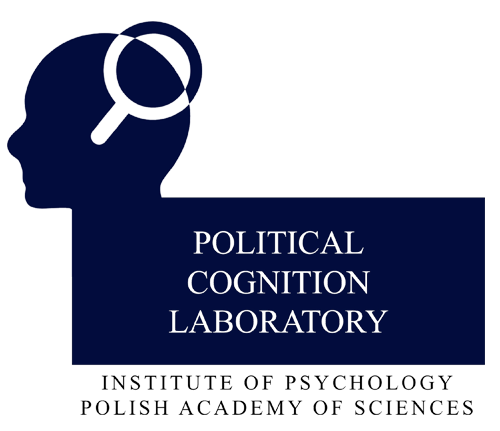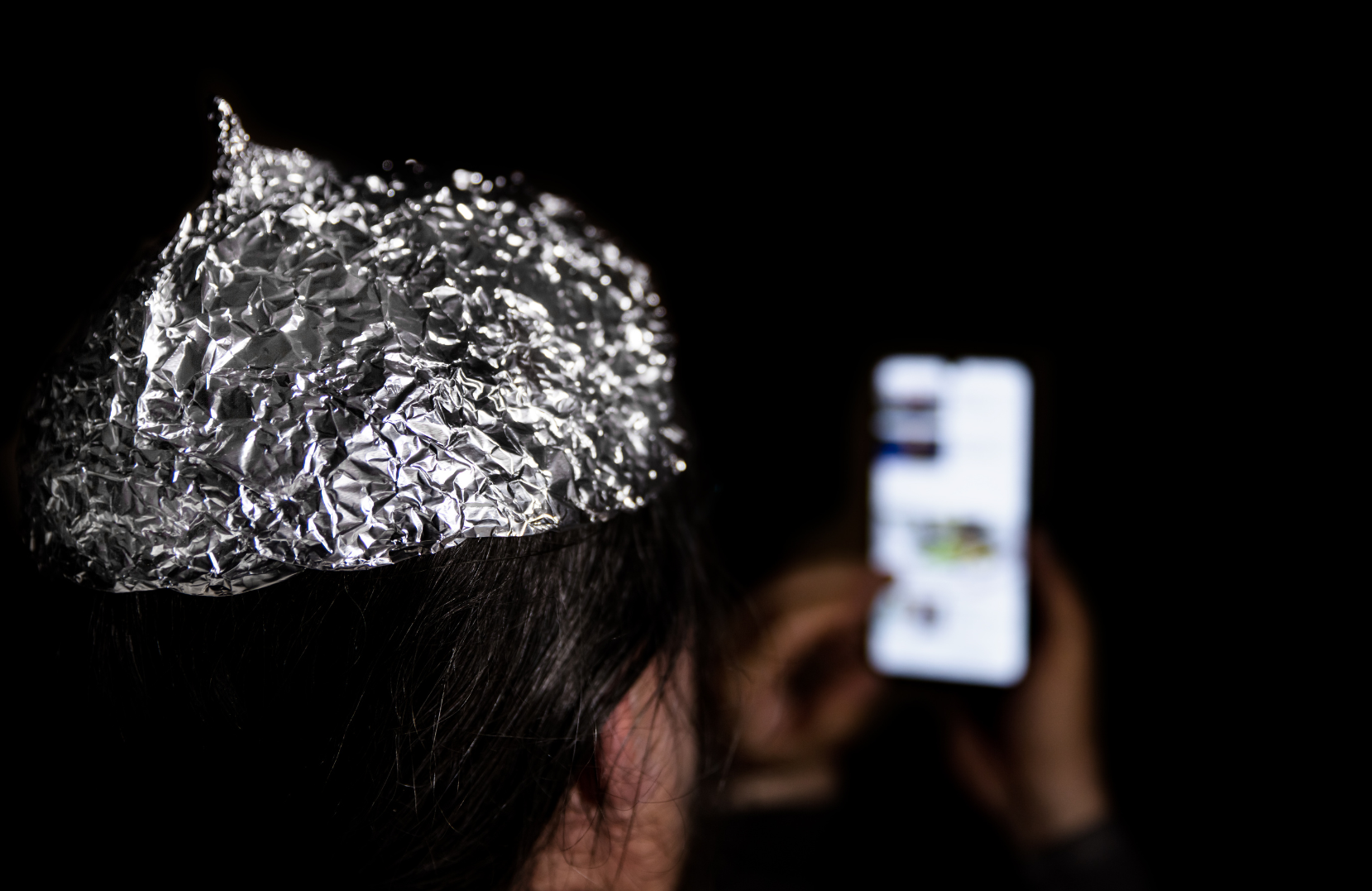New publication co-authored by dr Marta Marchlewska in The British Journal of Social Psychology.
Article abstract:
We examined the associations between the need for personal control, different types of ingroup commitment, and group‐related outcomes: (1) defensive responses to ingroup criticism, (2) ingroup disloyalty, and (3) outgroup attitudes. We assumed that collective narcissism (i.e., a belief in ingroup’s greatness which is contingent on external validation and stems from frustrated individual needs) should be concerned with defending the ingroup image and derogating outgroups, but not necessarily with being loyal to the ingroup. Secure ingroup identification (i.e., a confidently held ingroup evaluation, which stems from satisfied needs), in contrast, should predict greater ingroup loyalty and positive outgroup attitudes. We expected these effects to be especially strong once we account for the overlap between collective narcissism and group‐level self‐investment – a key component of ingroup identification. In a nationally representative sample of Polish adults (n = 1,007), collective narcissism (net of group‐level self‐investment) mediated between low personal control and ingroup image defense, lower group loyalty, and less positive outgroup attitudes. Secure ingroup identification (group‐level self‐investment net of collective narcissism) mediated between high personal control and ingroup loyalty and positive outgroup attitudes. It was not associated with ingroup image defense. Implications for understanding the role of identification in inter‐ and intra‐group relations are discussed.
Article link:









